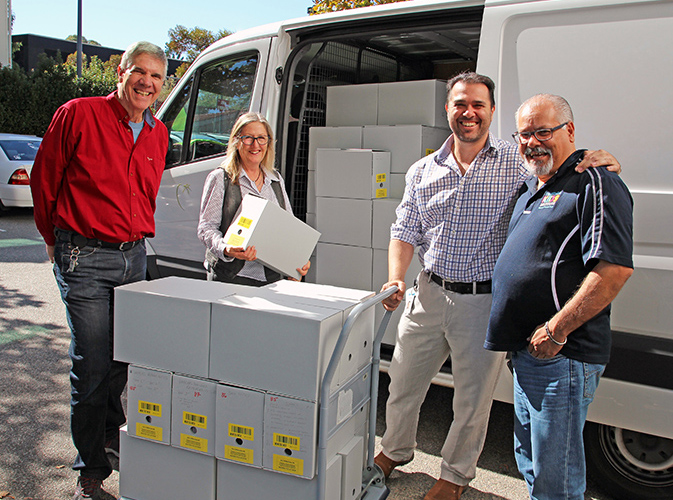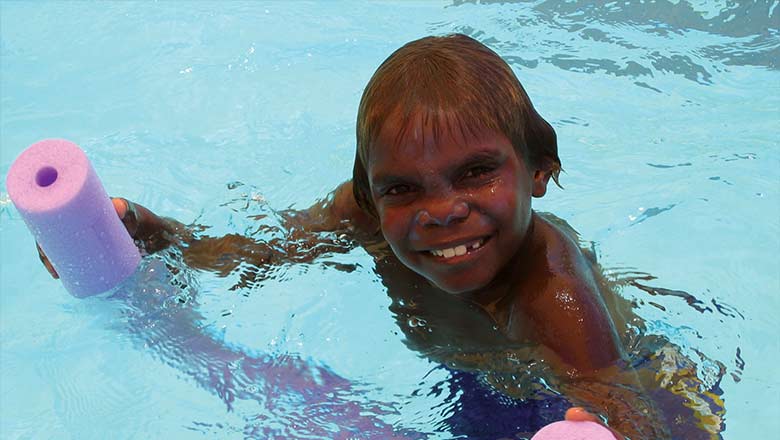Search

News & Events
WA Aboriginal Child Health Survey preserved for future generationsThe landmark Western Australian Aboriginal Child Health Survey has been placed into archiving at the State Library of Western Australia to be preserved for future generations.
News & Events
New insights into diabetes in Australian Aboriginal populationThe Kids Research Institute Australia have shown that genetic variations that influence BMI and diabetes are similar to those in non-Aboriginal populations.
News & Events
Commitment to Aboriginal Children and Families 2013-2017Earlier this year we launched our Strategic Plan - Working Together 2013-2017. That statement has been developed into the Commitment to Aboriginal Children.
News & Events
It’s Time – new video on the Apology to the Stolen GenerationsIt's Time - new video on the Apology to the Stolen Generations
News & Events
Healing precedes a positive future for Indigenous AustraliansThe Australian Government should form a National Indigenous Healing Foundation to provide compensation to the stolen generations.

News & Events
Remote pools boost Aboriginal child healthA comprehensive study into the impact of swimming pools in remote Aboriginal communities has found significant health and social benefits for children.
News & Events
Gap between death rates for Aboriginal and non-AboriginalGAP BETWEEN DEATH RATES FOR ABORIGINAL AND NON-ABORIGINAL INFANTS WIDENING
News & Events
Pain of forced separation affecting a new generationA new report has found that the long term effects of past government policies to forcibly separate Aboriginal children from their families are being felt
Research
Weaving the narratives of relationship in community participatory researchThe Looking Forward Project is the story of our work with the Nyoongar community working together with mental health and drug and alcohol service providers...
Research
Increased mortality among Indigenous persons during and after release from prison in New South WalesThe objective of this study was to estimate the overall and cause specific mortality of Aboriginal offenders in New South Wales (NSW), Australia.
